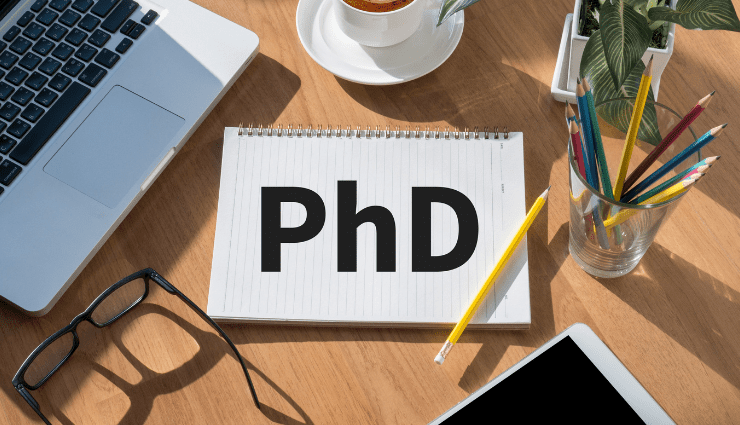07/27/2015 by Carney Sandoe Staff |
Landing the Job
PhD to ABC, Part II: The Humanities

In Part I of this two-part series, we discussed scientist and engineers from higher education transitioning into the independent school classroom. As hiring trends and requirements vary by subject area, this article will focus on offering teaching candidates in the humanities key points to remember when making the change from higher education to high school.
The fields of English and history have a very high number of qualified job seekers. Because schools may receive hundreds of applications for a single opening, humanities positions are highly competitive. A PhD demonstrates top-notch academic ability, and schools are certainly looking to hire intellectual powerhouses, but the doctorate alone does not speak to a candidate’s ability to work with 14-18 year-olds. Consequently, a candidate without prior teaching experience at the secondary level might not grab the attention of a school hiring manager, despite having a terminal degree in the field. While candidates in high-demand subject areas, like math or science, might be more readily noticed on the independent school job market, humanities candidates must demonstrate both subject matter expertise and a commitment to secondary level education. Therefore, when preparing to become a high school English or history teacher, just remember the ABCs.
Application
Application materials submitted on the university job market might not meet the needs of independent schools. Tailor your resume, cover letter, and personal statement to accommodate the expectations of secondary level teaching positions:
- Submit a 1-2 page teaching resume rather than a lengthy academic CV. Extended examples of publications and conference presentations are not as relevant to independent schools as experiences that demonstrate multi-faceted, student-centered involvement in learning and residential communities.
- Submit a cover letter that expresses why you want to teach at an independent school and demonstrates a passion for adolescent learners.
- When crafting your personal statement, remember that while schools value a candidate’s subject matter expertise and research experience, equally (if not more!) important is the ability to connect with students and collaborate with a department of colleagues in the development of innovative, hands-on humanities curricula that challenges and engages students beyond the seminar table.
Beyond the Classroom
In a pool of qualified candidates with terrific academic and scholarly experience, ask yourself: how can I stand out beyond the classroom? Candidates with a background in sports, coaching, summer camp, art, drama, music, community service, and other extra-curricular activities offer much to a school in addition to strong academics. Schools want to know how you will contribute to the greater community.
Commitment
It’s important to keep in mind that teaching undergraduates is not the same as working in a high school. Ultimately, the skills, experiences, and requirements of professors in academia are different than those of high school teachers. Different too are the needs and experiences of students. How will you be a resource, ally, and role model for students before and after school, on the athletic field, in the dormitory, on an off-campus field trip? If you have never worked with teenagers but are committed to making the transition to independent schools, strongly consider seeking opportunities as a substitute teacher, tutor, community mentor, coach, volunteer, or summer camp counselor. Having these experiences on your resume, along with your PhD, will help grab the attention of a school’s hiring manager.
If you are thinking about teaching in the humanities at an independent school, apply to work with Carney Sandoe today!
Leave a Comment
0 Comments
There are no comments on this blog entry.